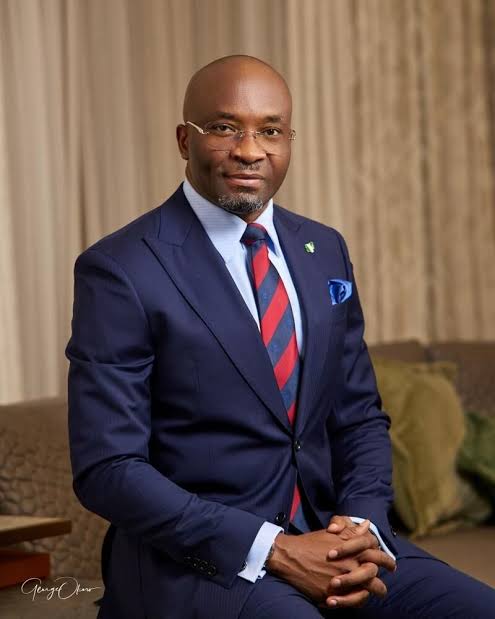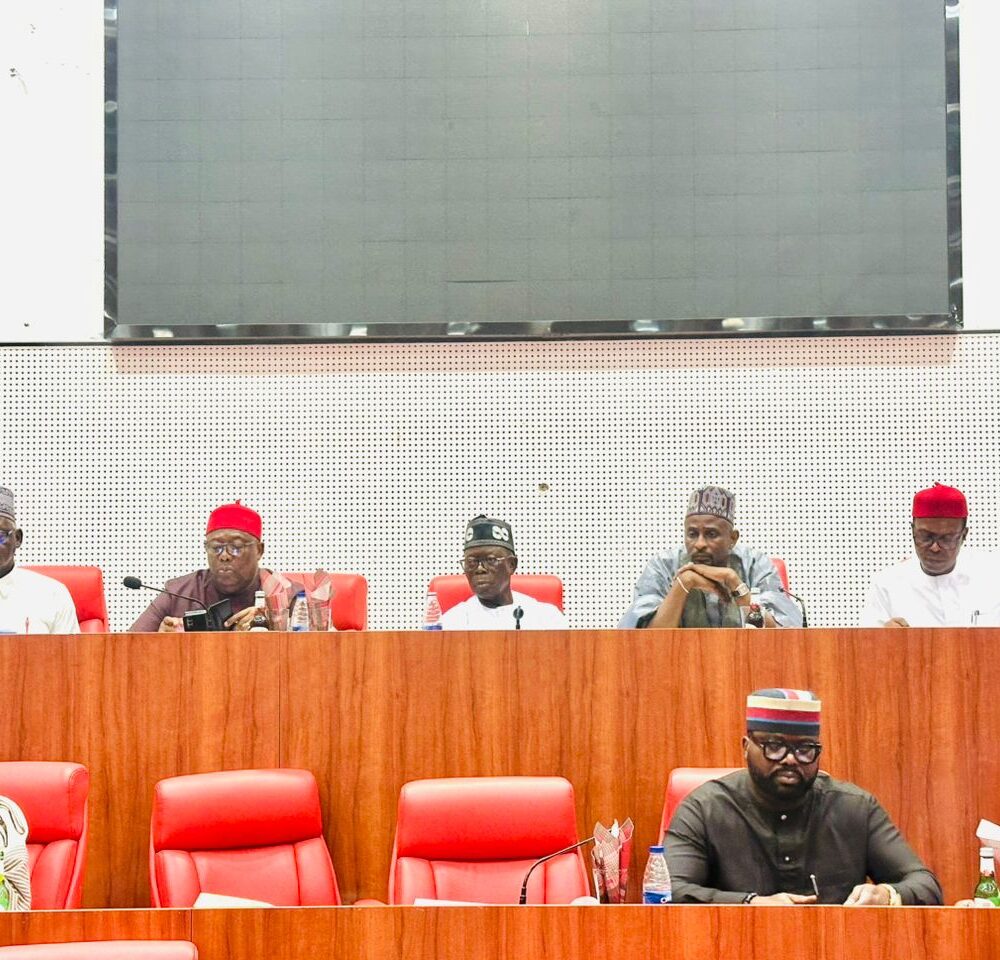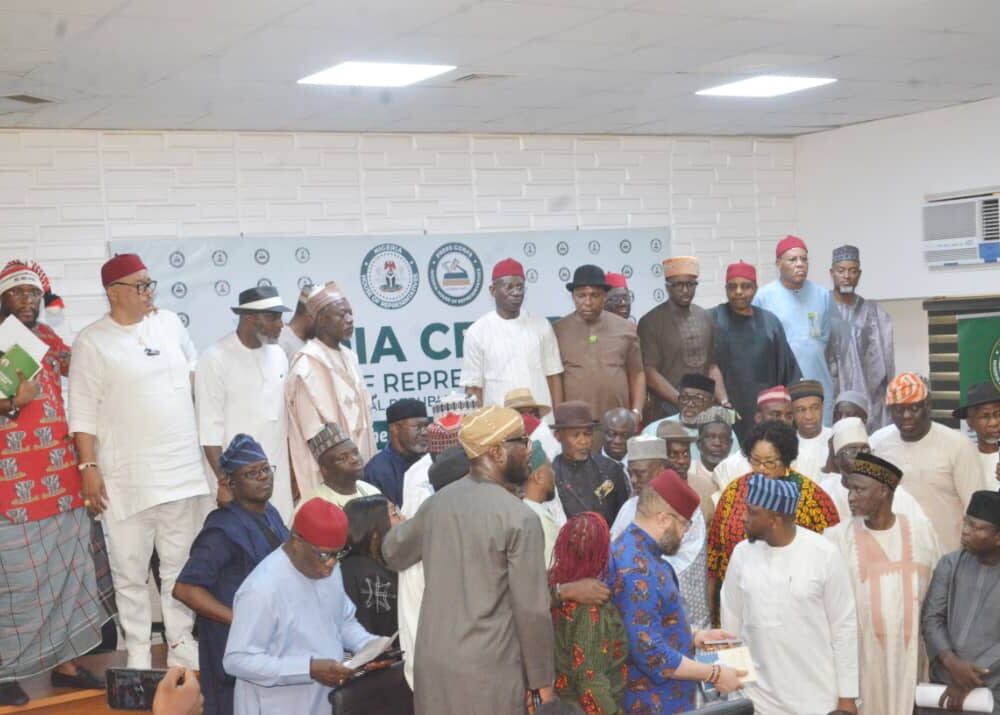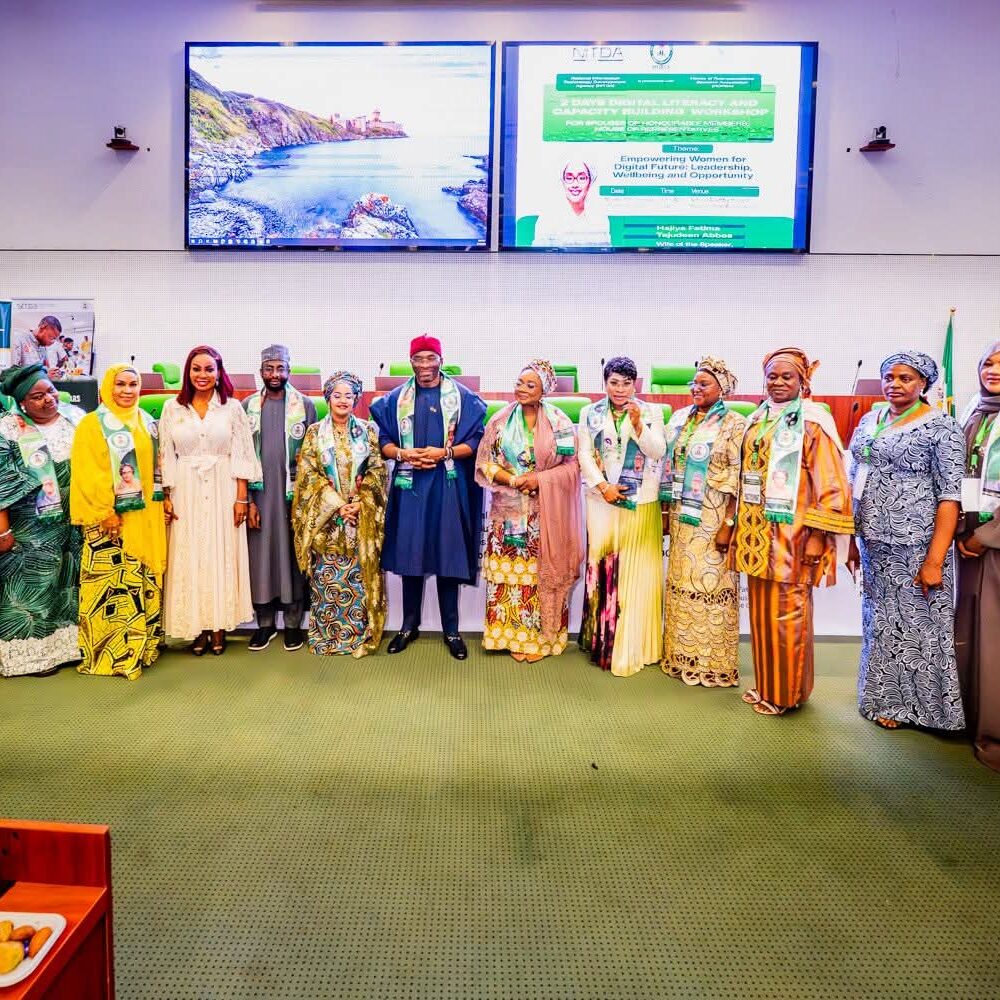The Deputy Speaker of the House of Representatives, Rt. Hon. Benjamin Okezie Kalu, has reaffirmed the commitment of the administration of President Bola Ahmed Tinubu to improving the welfare of Internally Displaced Persons (IDPs) across Nigeria.
Speaking as a panelist during a high-level United Nations special online event to commemorate the 27th anniversary of the Guiding Principles on Internally Displaced Persons, Kalu said Nigeria is making concrete efforts toward the domestication of the Kampala Convention.
The Kampala Convention is a landmark African Union treaty that seeks to protect the rights and dignity of IDPs. Kalu noted that the Tinubu-led government has already activated key components of the treaty to enhance IDP welfare, even ahead of its full domestication.
He explained that the National Assembly is finalizing legislation to integrate the Kampala Convention into Nigeria’s legal framework. According to him, the domestication bill has passed through the House of Representatives and is currently awaiting concurrence in the Senate when lawmakers return from recess on April 29.
“I personally sponsored the bill in the House because I believe in the power of these principles. The law, once signed by the President, will guide a coordinated national response to internal displacement,” he said.
The Deputy Speaker highlighted key principles driving Nigeria’s legislative agenda on IDPs, including protection from arbitrary displacement, the right to be resettled, and the right to know the fate of missing relatives.
Kalu also commended the Executive arm for initiating resettlement and rehabilitation programs through the National Commission for Refugees, Migrants, and Internally Displaced Persons (NCFRMI). He said the Commission has successfully resettled about 300 IDPs in Keffi, Nasarawa State, and Kano State, and recently delivered 40 new housing units.
“These efforts demonstrate the government’s commitment to restoring dignity and livelihoods to displaced Nigerians. The Resettlement City project in Keffi is a model for future interventions,” Kalu said.
He further stressed the importance of domestication to ensure legal protections for IDPs and promote coordinated partnerships between government agencies and international organizations.
“Even without full domestication, Nigeria has developed a national policy on IDPs and continues to take legislative and executive steps to address their needs,” he added.
Kalu assured the international community that Nigeria remained committed to upholding the rights of displaced persons and building a sustainable framework for their protection and reintegration.





